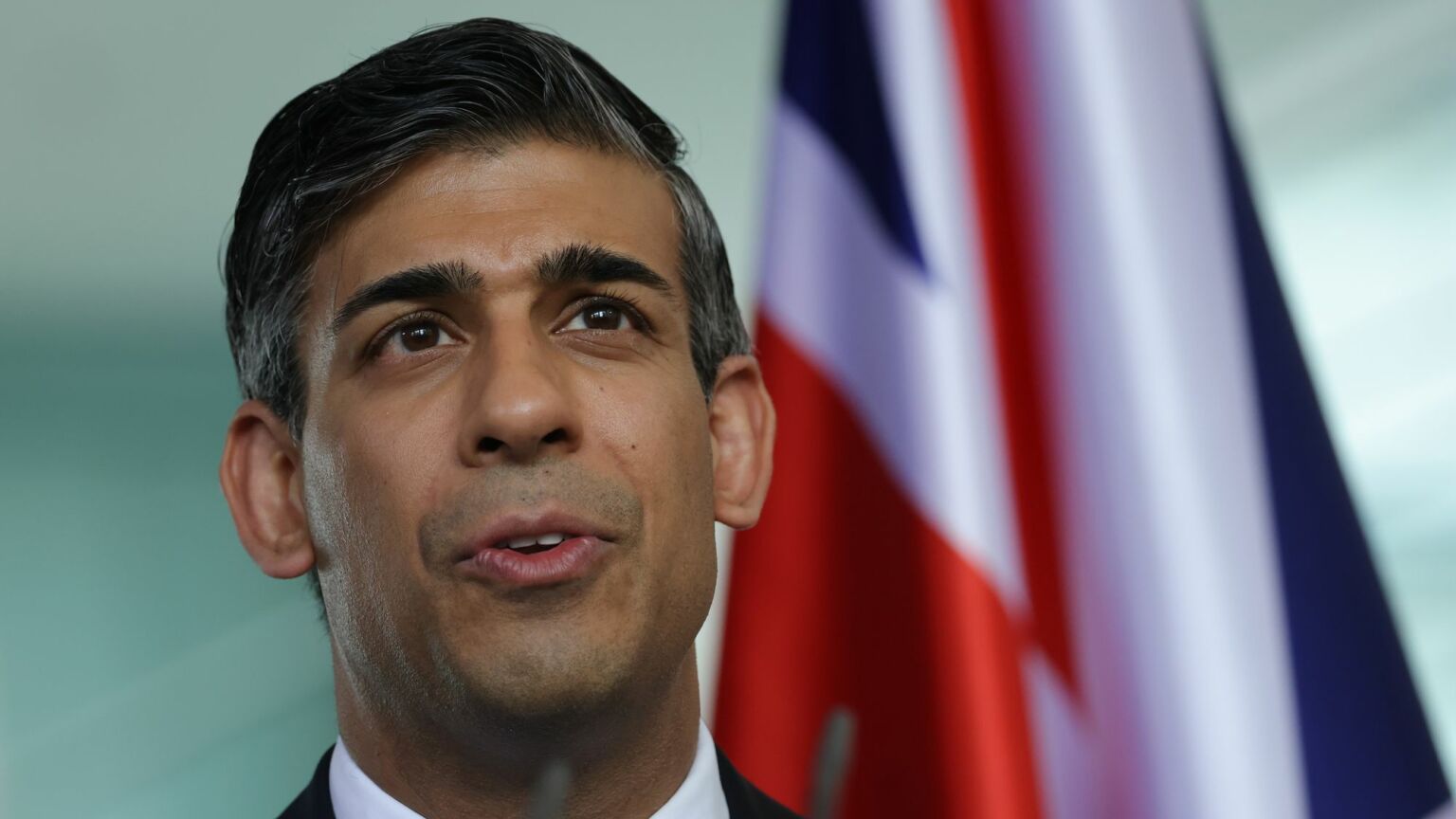The unhealthy intolerance of Sunak’s smoking ban
The Tories can no longer claim to be the party of individual freedom.

Want to read spiked ad-free? Become a spiked supporter.
Although there is widespread hostility to Rishi Sunak’s government, the UK prime minister seems to have hit upon one policy that a majority of voters support – namely, a ban on cigarettes and other tobacco products.
Sunak’s Tobacco and Vapes Bill, currently making its way through parliament, will prevent anyone born after 2009 from buying cigarettes. According to a Savanta poll for the Telegraph, 59 per cent of the public back the ban, compared with just 20 per cent who oppose it. This shows that there are far more people willing to restrict personal freedom than there are people prepared to defend it.
Plenty of liberal-minded commentators have long bemoaned the culture of unfreedom that reigns in Britain today. But they often fail to acknowledge just how popular this soft-focus authoritarianism has become. Indeed, as Sunak and other politicians before him have discovered, bans on activities that others dislike or disapprove of are a quick and easy way of gaining public support.
Back in 2007, when Tony Blair’s Labour government introduced the ban on smoking in enclosed public places and workplaces in England, the police expected people to flout the ban, especially in pubs. But that didn’t happen. Instead, people adhered to it in the workplace, and smokers stopped going to the pub. Pubs themselves went into a decline from which they’ve arguably never recovered – over 7,000 have shut in the past decade alone.
The support, tacit or otherwise, for controls on personal behaviour has only encouraged politicians and the police to further regulate and curtail personal freedom. As I outline in my new Letters on Liberty pamphlet, Pubs: Defending the Free House, ‘the culture of unfreedom only begets a demand for further restrictions’.
This culture of unfreedom, this growing demand for greater state regulation of personal choice, owes much to the political defeats visited on the working class during the 1980s. The decline of unions and other forms of collective activism led many to retreat from public and political life into a more privatised existence. With ever fewer points of contact with others, mutual suspicion has slowly triumphed over social solidarity. Atomised Britain is the ground on which this demand for restrictions on the lives of others has grown.
Of course, people have always passed judgement on the behaviour of others. But over the past few decades, passing judgement has tipped over into aggressive intolerance. So much so that it has become acceptable to call for the authorities to ‘do something’ about the behaviour and personal lifestyle choices of others, from what they eat to what they drink.
It is the rise of intolerance towards others’ lifestyle choices that has long provided the fuel for the war on smoking. The 2007 smoking ban may have ostensibly been justified on the grounds of the harm caused by second-hand smoke. But beneath the talk of protecting people’s health, there lurked a distinctly middle-class disapproval of smoking as a habit associated with the working class. This is why the Liberal Democrats can support the ban on smoking cigarettes, while paradoxically championing the legalisation of cannabis. The middle classes tend to view cannabis as a less ‘uncouth’ alternative to booze and cigarettes, and it is therefore ‘respectable’.
As well as being snobby, this intolerance is also profoundly anti-human. It rests on the assumption that people cannot be trusted to make decisions about their own lives. It denies people their autonomy. This is why the hyperregulation of our everyday behaviour tends to have such a deadening effect on public life – because it corrodes people’s sense of agency and spontaneity.
If there was one thing the Conservative Party might have had going for it, it was its defence of individual freedom. Of course, this defence has always been far more qualified than Tory Party supporters would like to admit. But at least it represented a counterpoint to the growing authoritarian consensus. Sunak’s smoking ban has stubbed out the last vestiges of the Tories’ residual liberalism. British society will be all the unhealthier for it.
Neil Davenport is a writer based in London. His Letters on Liberty pamphlet, Pubs: Defending the Free House, can be purchased here.
Picture by: Getty.











Comments
Want to join the conversation?
Only spiked supporters and patrons, who donate regularly to us, can comment on our articles.